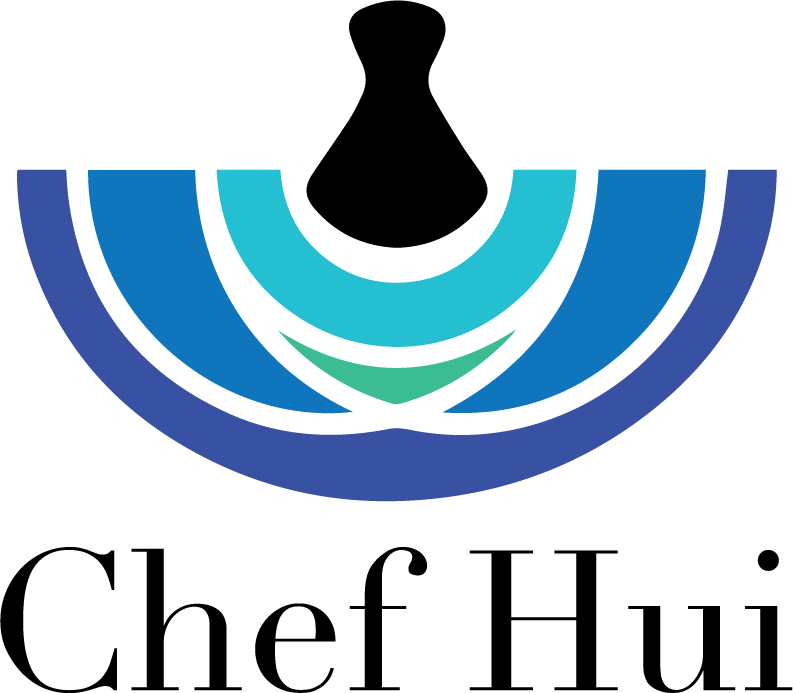How to Preserve Indigenous Wisdom
What are we if not descendants from our indigenous ancestors?
The pioneers, innovators and courageous explorers who are responsible for creating the places desired by thieves.
Why do we as a society erase these cultures from our contemporary landscape? And how can we put this culture back into our businesses and daily lives in order to preserve its importance?
At last week’s Hawaiʻi Business Magazine Leadership Conference, four of Oʻahuʻs most influential Kānaka Maoli shared their manaʻo in a panel discussion on Indigenous Wisdom led by founder and president of DTL Hawaiʻi Mālia Ka‘aihue.
Ka‘aihue dedicated the 1-hour discussion to the recently passed Dr. Emerita Haunani-Kay Trask who inspired Hawaiians everywhere to embrace their ancestry and never give up the fight for Hawaiʻi sovereignty. She then opened with a simple, yet profound question: Where can the answers to indigenous wisdom be found in Hawaiʻi?
Ka‘iulani Sodaro, vice president of planning and development for The Howard Hughes Corporation, said it can be found in places. Mahina Paishon-Duarte, CEO and co-founder of Waiwai Collective offered that it is transmitted through ʻōlelo Hawaiʻi, hula and oli.
A concern that resurfaced regularly during the conversation was tourism. Kalani Ka‘anā‘anā, chief brand officer for Hawaiʻi Tourism Authority, said it is our job to educate visitors and to think about tourism in terms of quality of life. If tourism doesnʻt positively impact the lives of the people who live here then why are we doing it?
The panel reflected on the ways in which Hawaiʻi is unique.
Kākou - We live collectively with a “we” mentality instead of an “us versus them” individualistic attitude. We invest in relationships and ʻohana.
Humans are worth more than money - Many local business owners put their team/staff first before the bottom line. We saw this a lot during COVID.
ʻĀina based - We are connected to the land in which we live. When we introduce ourselves we include where we are from/where we live as representatives of that place.
Inclusive - Everyone with shared values is welcome.
Model aloha - Instead of trying to inspire or persuade others we model the behavior and spirit we wish to see.
A somber moment arose when Paishon-Duarte shared that her parents had just moved off island, because they could no longer afford to retire in Hawaiʻi, highlighting the sobering reality that locals can no longer afford to live in their own homes. Ka‘aihue seized the opportunity to remind us that we all have a responsibility to live in Hawaiʻi in a conscious way. “If you are coming here and buying a home, you are displacing someone else,” she said.
So, how can you preserve indigenous wisdom as a resident of Hawaiʻi?
Suggestions from the panel were: Live and work consciously, learn about the injustice movements in Hawaiʻi, volunteer with an ʻāina-based non-profit, learn ʻōlelo Hawaiʻi, vote, participate in uncomfortable conversations and help Hawaiian organizations spread their messages.
Dr. Brandon Bunag, acting vice president of public programs and director of education for Bishop Museum, invited businesses to bring their teams to the Bishop Museum to learn what it means to live, work and play in Hawaiʻi and Paishon-Duarte encouraged everyone to have the courage to be bold.
Ultimately, it came down to three important words shared by Ka‘anā‘anā.
“Just show up.”

